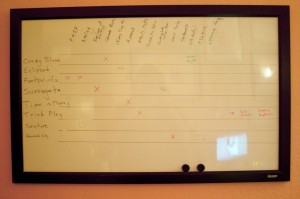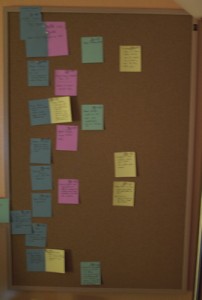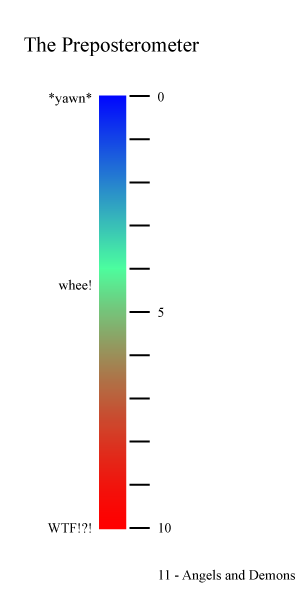There are times I look at the product I’m putting out and there’s just no pretending. It’s not that good. Other times I read something I used to think was good and it turns out to be a disaster of poor communication. At times like that, it’s easy to think I suck. Not just think it, to know it to the core of my being. I suck. Suck, suck, suck! Nothing I write is any good and I’m just wasting my life trying to make a living at something I suck at.
It’s not a pretty thing.
It’s hard to work when you are absolutely certain you suck. What I need at times like that is some glimmer of hope that maybe, sometimes, on the best of days, a brief moment of not-sucking is possible, a fleeting flirtation with not-so-bad that can fuel the hope I need to create the next hyperbolic, rambling train wreck.
A long time ago, on one of my first-ever golf outings, I hit a magically beautiful shot. Now I think of that shot as I search through the cactus for my wayward ball. Most of my shots end up in painful places, but there’s always that one… Likewise, when I’m scrounging through the rough trying to find any reason to keep working on a story and by extension keep working at being a writer, I think of the good shots I’ve hit in my day. Those are the stories I go back and read when I need to get myself back to the happy place.
I’m nervous when people around me are reading my work, but last year I was with my dad as he read “The Tourist“. “That’s really good,” he said. I’m not sure it stands alone; it’s better I’m sure if you’re familiar with other Tin Can stories, but I read that and it still gets me. I really like that story. Oddly, I have a hard time putting my finger on why.
The story that started the series, that the good folk at Piker Press had to call to my attention, was “Tin Can“. It’s a simple story, but subtle enough it fooled me for a while.
Then there’s Crazy Blood. It’s been rejected, so maybe others don’t see what I see in it, but I read it tonight and I have to say that I am on occasion surprised at my own word choice. I haven’t the slightest idea who might pay me money for this story. Crazy Blood might appeal to no one but me, which begs the question of whether it’s an example of writing that demonstrates that I have what it takes to be a professional, but that’s OK.
A user of Jer’s Novel Writer sent me a message after reading “Serpent“. The title of the message was was “Holy Crap!” I was already happy with that one, but that unsolicited feedback didn’t hurt. It’s a cool story, a little clunky in spots I think now, but with a sweet conclusion. It will definitely and appear in my “Piker Years” anthology, after a couple of minor tweaks.
And the novel, The Monster Within, awaiting the latest set of revisions to make it something others can love as much as I do. I wrote the damn thing and I’ve never got tired of it.
Usually, when I’m feeling that every word I write is worthless drivel, I can read some of the above and tell myself, “no, only most of what I write is worthless drivel.” That seems to be enough to keep me going.
Sharing improves humanity:




